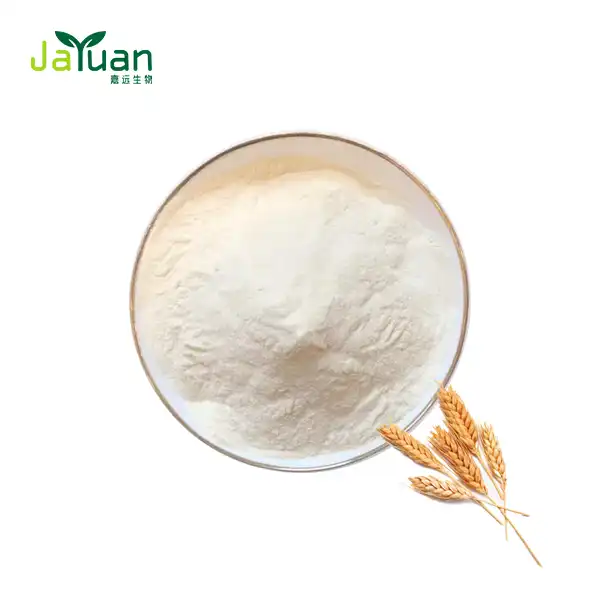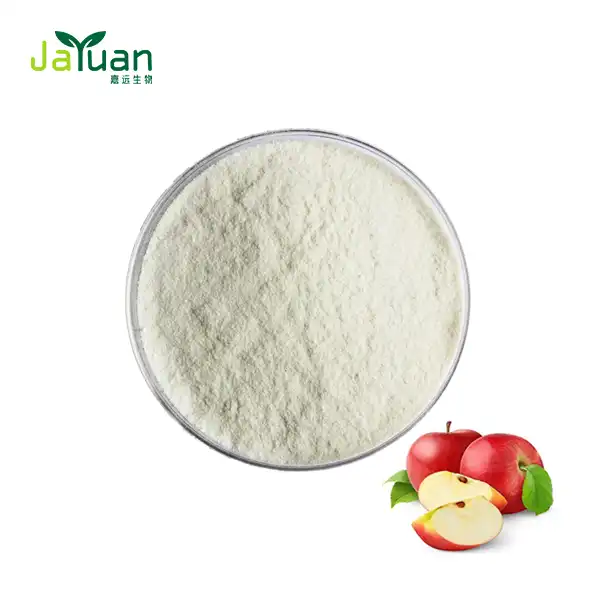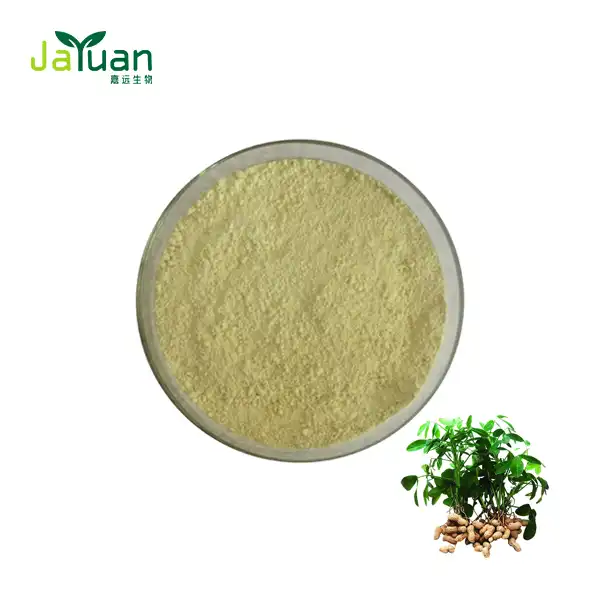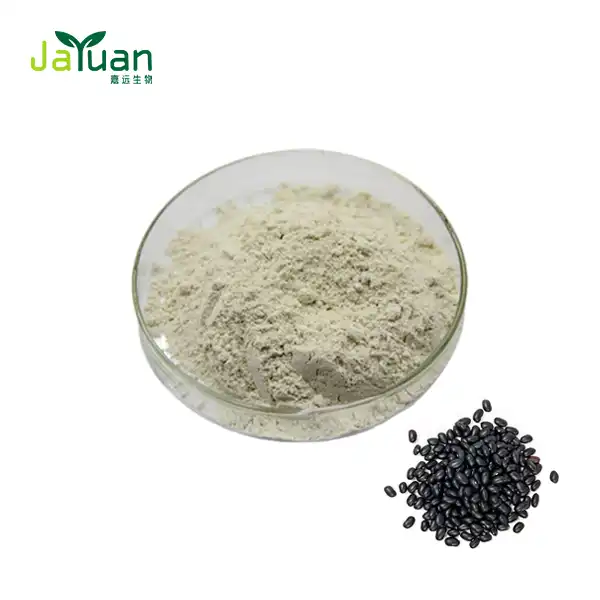How does honokiol affect sleep architecture?
Sleep is a vital component of our overall health and well-being. As more people struggle with sleep issues, researchers are exploring natural compounds that can support healthy sleep patterns. One such compound gaining attention is honokiol, a bioactive component found in the bark of magnolia trees. This article delves into the fascinating world of honokiol powder and its potential impacts on sleep architecture.

Honokiol Powder for Deep Sleep: Impact on REM and Slow-Wave Sleep
Sleep architecture refers to the structured pattern and phases of sleep, which are essential for overall health and well-being. Normal sleep consists of two primary types: rapid eye movement (REM) sleep and non-rapid eye movement (NREM) sleep. NREM sleep is further divided into lighter stages and deep, slow-wave sleep (SWS). Both REM and NREM sleep play pivotal roles in cognitive functions such as memory consolidation, learning, emotional regulation, and physical restoration. A balanced sleep cycle, with sufficient time in both REM and NREM stages, is crucial for the body and brain to function optimally.
Honokiol, a bioactive compound extracted from magnolia bark, has demonstrated promising effects on sleep architecture. Studies suggest that honokiol enhances both REM and NREM sleep stages, particularly the deep SWS phase. In animal models, honokiol powder administration has been shown to increase the amount of time spent in NREM sleep, specifically in the slow-wave stage. SWS is vital for restorative processes like tissue repair, immune function, and memory consolidation. By promoting deeper SWS, honokiol may contribute to better sleep quality, helping individuals feel more rested and energized.
Additionally, honokiol appears to have a positive impact on REM sleep, the phase associated with vivid dreaming and emotional processing. While further research is required, initial findings suggest that honokiol may help regulate REM sleep duration, potentially aiding in emotional regulation and enhancing cognitive performance. Overall, honokiol's potential to improve sleep quality through its influence on sleep architecture makes it a promising natural supplement for enhancing both mental and physical health.
Comparing Honokiol to Magnesium and Melatonin for Sleep Support
When exploring natural sleep aids, it's helpful to compare honokiol with other popular options like magnesium and melatonin. Each of these compounds affects sleep through different mechanisms, and understanding these differences can help individuals make informed choices about their sleep support regimen.
Magnesium is a mineral that plays a role in regulating neurotransmitters and melatonin production. It's known to promote relaxation and may help improve sleep quality. However, its effects on sleep architecture are less direct compared to honokiol.
Melatonin, often called the "sleep hormone," is naturally produced by the body to regulate the sleep-wake cycle. Supplemental melatonin is commonly used to address sleep onset issues, particularly in cases of jet lag or shift work. While effective for some, melatonin primarily affects sleep timing rather than sleep architecture.
Pure honokiol extract, on the other hand, appears to have a more direct impact on sleep architecture. It may enhance both NREM and REM sleep stages, potentially offering a more comprehensive approach to sleep support. Additionally, honokiol's effects seem to extend beyond sleep onset, potentially improving overall sleep quality throughout the night.
It's worth noting that while these natural compounds can be beneficial, they work differently for each individual. Consulting with a healthcare professional is advisable when considering any new sleep support regimen.

The Anxiolytic-Sedative Connection: Honokiol's Dual Sleep Benefits
One of the most intriguing aspects of honokiol's impact on sleep is its dual action as both an anxiolytic (anxiety-reducing) and sedative agent. This unique combination may offer comprehensive support for those struggling with sleep issues, particularly when anxiety is a contributing factor.
Honokiol's anxiolytic properties stem from its interaction with GABA receptors in the brain. GABA (gamma-aminobutyric acid) is a neurotransmitter that promotes relaxation and reduces neural excitability. By enhancing GABA activity, honokiol may help calm an overactive mind, making it easier to fall asleep and stay asleep throughout the night.
The sedative effects of honokiol are believed to be related to its influence on adenosine receptors. Adenosine is a neurotransmitter that builds up in the brain throughout the day, contributing to feelings of sleepiness. By modulating adenosine activity, honokiol may help promote a natural transition into sleep.
This dual action sets honokiol powder apart from many other sleep aids. While some compounds may address either anxiety or sleepiness, honokiol's potential to target both aspects simultaneously could offer a more holistic approach to sleep support.
Furthermore, unlike some pharmaceutical sleep aids, honokiol doesn't appear to cause significant morning grogginess or impair cognitive function. This makes it an appealing option for those seeking natural sleep support without compromising daytime alertness.
As research into honokiol's effects on sleep architecture continues, we may gain even more insights into its potential benefits. From enhancing deep sleep stages to promoting relaxation, honokiol offers a multifaceted approach to supporting healthy sleep patterns.
In conclusion, honokiol's impact on sleep architecture is a fascinating area of study with promising implications for those seeking natural sleep support. By potentially enhancing both REM and slow-wave sleep, offering anxiolytic and sedative effects, and providing a natural alternative to other sleep aids, honokiol is emerging as a valuable tool in the quest for better sleep.
Are you interested in learning more about honokiol and its potential benefits for sleep? At Jayuan Bio, we're committed to providing high-quality, natural ingredients for health and wellness. Contact us at sales@jayuanbio.com, sales1@jayuanbio.com to discover how our honokiol powder can support your product development needs.
References
- Chen, C. R., et al. (2012). Magnolol, a major bioactive constituent of the bark of Magnolia officinalis, exerts antiepileptic effects via the GABA/benzodiazepine receptor complex in mice. Journal of Ethnopharmacology, 142(2), 474-481.
- Kuribara, H., et al. (2000). Behavioural pharmacological characteristics of honokiol, an anxiolytic agent present in extracts of Magnolia bark, evaluated by an elevated plus-maze test in mice. Journal of Pharmacy and Pharmacology, 52(11), 1425-1429.
- Qu, W. M., et al. (2012). Honokiol promotes non-rapid eye movement sleep via the benzodiazepine site of the GABA(A) receptor in mice. British Journal of Pharmacology, 167(3), 587-598.
- Woodbury, A., et al. (2013). Neuro-modulating effects of honokiol: a review. Frontiers in Neurology, 4, 130.
- Zhao, X., et al. (2019). Honokiol improves REM sleep deprivation-induced cognitive deficits by activating AMPK-CREB pathway. Molecular Medicine Reports, 19(4), 2720-2726.
- Zhu, W. L., et al. (2014). Honokiol induces sleep through modulation of GABA(A) receptors in rat. Behavioural Brain Research, 265, 116-122.








